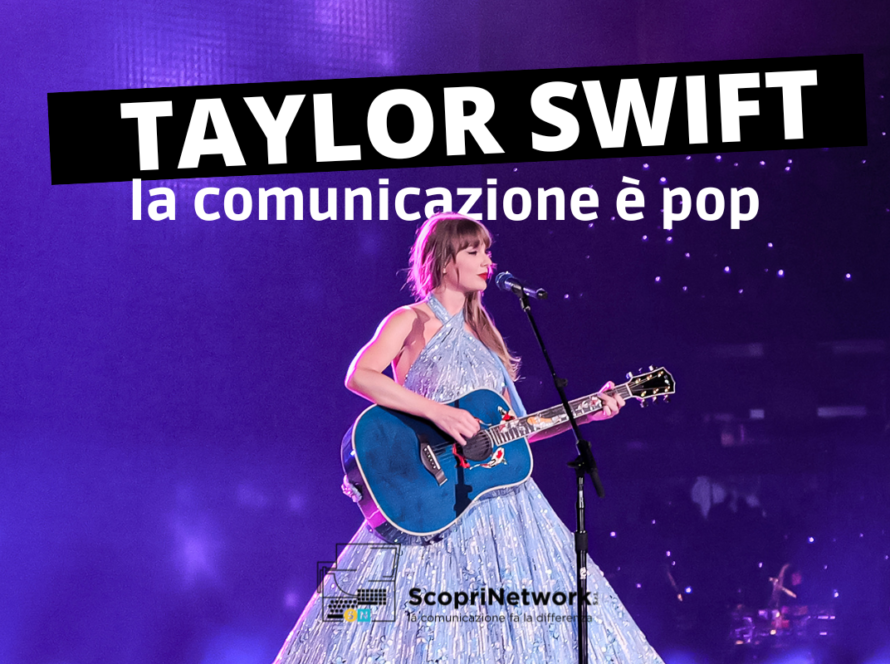In the age of fast politics, the line between journalism and entertainment—such as in the case of True Crime—has become blurred. The media, inundated with content, must adopt increasingly captivating strategies to hold the attention of a distracted and fragmented audience. Two phenomena emerge in this context: politainment and infotainment.
Politainment combines politics and entertainment, turning serious topics into ironic and satirical shows. These programs entertain and provoke reflection, but there is a risk that the playful aspect may overshadow the informative content. Infotainment, on the other hand, mixes news and entertainment to make information more accessible and engaging. However, superficiality and sensationalism can often overshadow substance.
In such a complex media landscape, journalists must attract the public with innovative formats without ever sacrificing the accuracy and integrity of information. It’s a delicate balance between the need to engage and the need to provide precise and well-contextualized news, ensuring that information remains a valuable asset and not just a consumer product.
Balancing the rights of the accused and journalism
When covering criminal cases, journalists play a crucial role. Every word or image can influence public opinion and, in some cases, even the course of justice. Balancing the accused’s right to a fair trial with the journalist’s right to inform is fundamental. Journalists must avoid influencing investigations with reports that could sway public opinion, always respecting the presumption of innocence.
Collaborating with investigative authorities can be helpful, but it must be done carefully to avoid compromising the integrity of the investigations or the protection of sources. Sensationalism is a constant risk that can distort facts and damage the judicial process. Ethical journalism must prioritize accuracy and responsibility, avoiding the pursuit of a scoop at all costs.
The True Crime phenomenon in podcasts and TV shows
In recent years, podcasts and TV series dedicated to true crime have seen a significant increase in popularity. Programs like Serial and Making a Murderer combine journalistic narration and investigative analysis, turning old and new murder cases into cultural phenomena. This success has posed new challenges for traditional journalism: on one hand, the opportunity to reach a wider audience; on the other, the risk of excessively sensationalizing crimes.
Impact on public perception and justice
The way criminal cases are handled in the media can significantly influence public perception of justice. The repetition of themes like judicial errors or corruption can reinforce distrust in institutions, while the notoriety of a case can lead to the revision of sentences or new investigations.
Examples of murder cases and the role of the media
The case of Elisa Claps, explored in podcasts like Dove nessuno guarda and documentaries like La Via Crucis di Elisa, is an example of how the media can keep a victim’s memory alive and stimulate discussions about the role of journalism in the search for truth. Other cases, such as those of Meredith Kercher, Giulia Tramontano, and George Floyd, show how media coverage can raise public awareness of important social issues, while also risking turning tragedies into spectacles.
Journalism in the pursuit of truth
The role of journalists in murder cases is complex and fraught with responsibility. In an era dominated by true crime, it is essential that journalists act with integrity, respecting the rights of victims, the accused, and the public. Only an ethical and professional approach can ensure that information remains in the service of truth and justice, avoiding sensationalism and spectacle.





